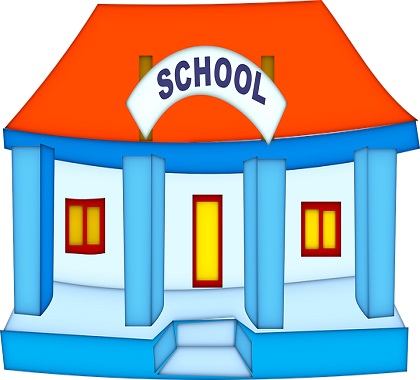Washington, D.C. parents are being denied school choice because the district is preventing charters from using empty public school space.
Twelve thousand students are on waitlists for seats in high-performing public charter schools in the District, states the website of the D.C. Public Charter School Board (PCSB), an independent agency within the D.C. government.
Despite rising student demand, the D.C. Public Schools system won’t release one million square feet of abandoned school buildings for use by charter schools, states a video published by the D.C. Association of Chartered Public Schools.
Making the vacant school buildings available for use by charter schools would benefit students and provide more revenue for the traditional government schools, states the PCSB, which oversees 123 public charter schools in the city.
The District is required by federal law to offer charter schools the right of first refusal on empty school buildings if it determines a property will not be needed in the future.
Poor Academic Quality
The quality of D.C. public schools is very poor, says Jude Schwalbach, a research assistant at The Heritage Foundation’s Center for Education Policy.
“Traditional D.C. public schools suffer from dangerous environments and poor academics,” Schwalbach said. “For example, 30 percent of students report being bullied, and one in 10 are threatened with a weapon on campus. Unsurprisingly, truancy is a regular problem.
“The National Assessment of Education Progress found only two in 10 D.C. [public school] eighth graders are proficient in math and reading,” Schwalbach said. “In 2017, DCPS had the second-lowest attainment rates nationwide, which dropped even further to 68.5 percent in 2018.”
‘Voting with Their Feet’
Charter schools educate nearly half the students in D.C., Schwalbach says.
“In light of the appalling state of DCPS, parents are reticent to enroll their children,” Schwalbach said. “This results in large waiting lists for charter schools and the D.C Opportunity Scholarship Program [which pays for private school tuition expenses].”
Instead of trying to prop up drastically failing government schools, policymakers should allow families more choice, Schwalbach says.
“The vacancies in DCPS and the large waiting lists for alternative education options show that parents are voting with their feet,” Schwalbach said. “Instead of hampering educational diversity, policymakers should let parents, not government officials, choose their children’s schools.”
Kenneth Artz ([email protected]) writes from Dallas, Texas.


